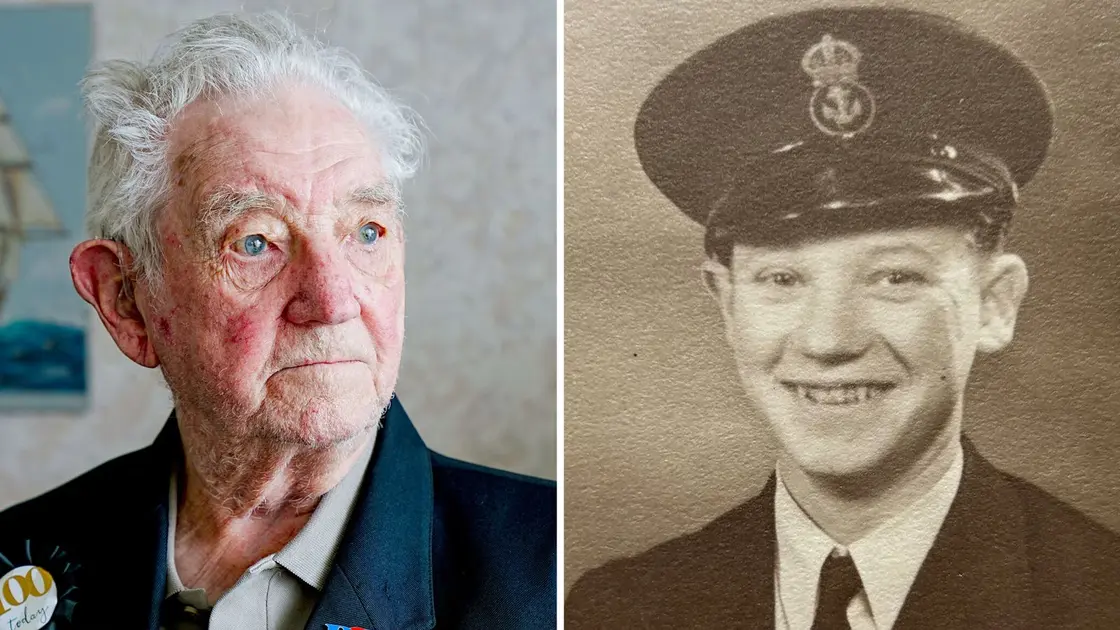T4K3.news
Remorse on WWII surrender anniversary
Japan marks the 80th anniversary as PM Ishiba voices remorse during a ceremony in Tokyo alongside a controversial shrine visit by lawmakers.
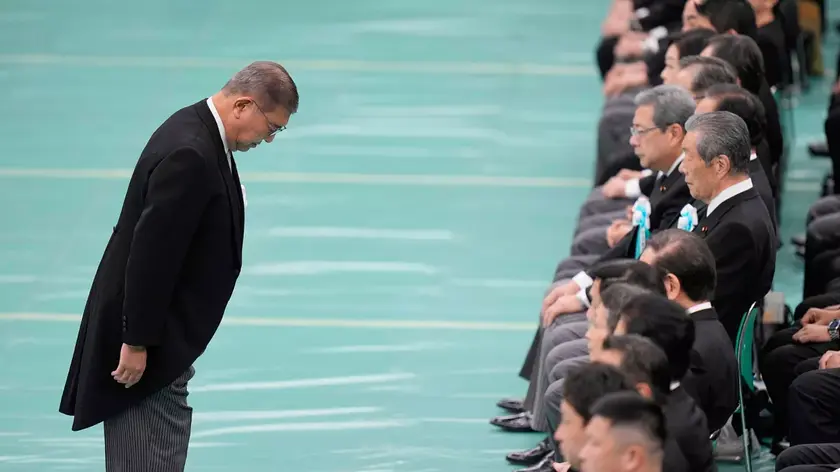
Japan marks the 80th anniversary of its WWII surrender as the prime minister expresses remorse and memory debates flare over memorials and the Yasukuni Shrine.
Japan PM Ishiba expresses remorse on World War II surrender anniversary
Japan marked the 80th anniversary of its World War II surrender with Prime Minister Shigeru Ishiba expressing remorse in an official ceremony for the first time since 2013. About 4,500 officials and bereaved families observed a moment of silence at Budokan hall to honor more than 3 million war dead, as the country faces concerns about fading wartime memories.
Ishiba pledged that Japan will never repeat the tragedy and will keep the lessons of the war in mind as it pursues lasting peace and a path to non-war determination. The ceremony sits alongside ongoing debates about how strong apologies should be and how memory should be passed to future generations. Meanwhile, dozens of right-wing politicians and supporters prayed at nearby Yasukuni Shrine, including Shinjiro Koizumi, highlighting persistent tensions over how Japan should remember the war and the shrine’s controversial status with neighbors.
Key Takeaways
"We will never repeat the tragedy of the war."
Ishiba's remarks during the ceremony.
"Once again, we must deeply keep to our hearts the remorse and lesson from that war."
Ishiba's remarks about memory for future generations.
"We will never go the wrong way."
Ishiba's pledge during the ceremony.
"Pass on the memory of the tragedy of war to future generations."
Ishiba's commitment to education and memory.
The remarks signal a careful balancing act for Ishiba and his allies as they contend with domestic factions and regional sensitivities. A formal expression of remorse at a national ceremony could be read as a softening stance, but it risks fueling backlash from hardliners who oppose further apologies. The juxtaposition of official remorse with shrine visits underscores a split in memory politics that diplomacy must navigate.
Memory politics are evolving with a younger generation that may know less about the war, and with neighbors watching every gesture. Whether remorse translates into tangible changes in policy or is largely ceremonial will shape how Japan is judged abroad and how its neighbors adjust their own historical narratives. The coming years will reveal if this moment catalyzes real reconciliation or simply reopens old wounds.
Highlights
- We will never repeat the tragedy of the war.
- Once again, we must deeply keep to our hearts the remorse and lesson from that war.
- We will never go the wrong way.
- Pass on the memory of the tragedy of war to future generations.
Risk of regional backlash over wartime memory
Remorse expressed at a national ceremony and shrine visits could provoke diplomatic friction with China and South Korea, sparking domestic criticism and political pushback.
Memory will continue to shape how Japan faces its past and its future.
Enjoyed this? Let your friends know!
Related News
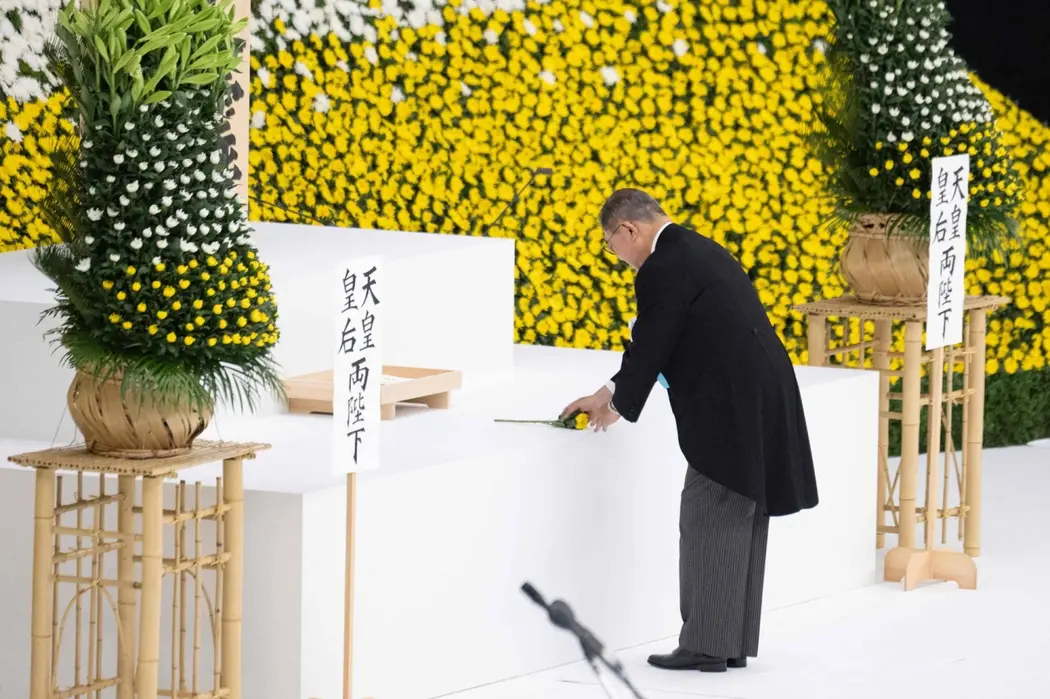
Japanese leader uses remorse in WWII anniversary speech
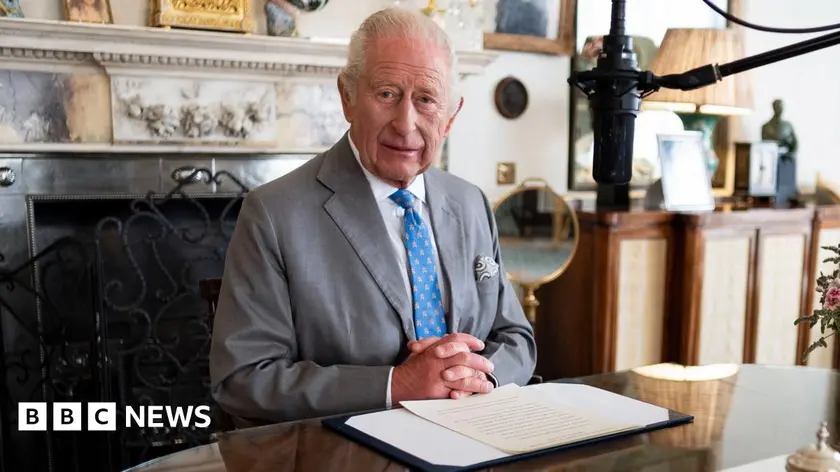
VJ Day memorial tests memory and diplomacy
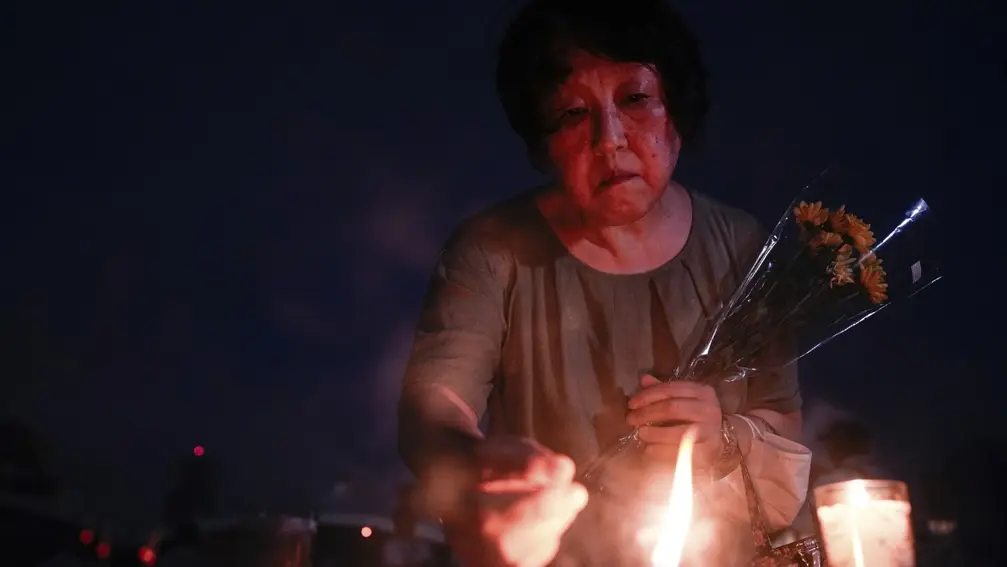
Hiroshima marks 80th anniversary of atomic bombing
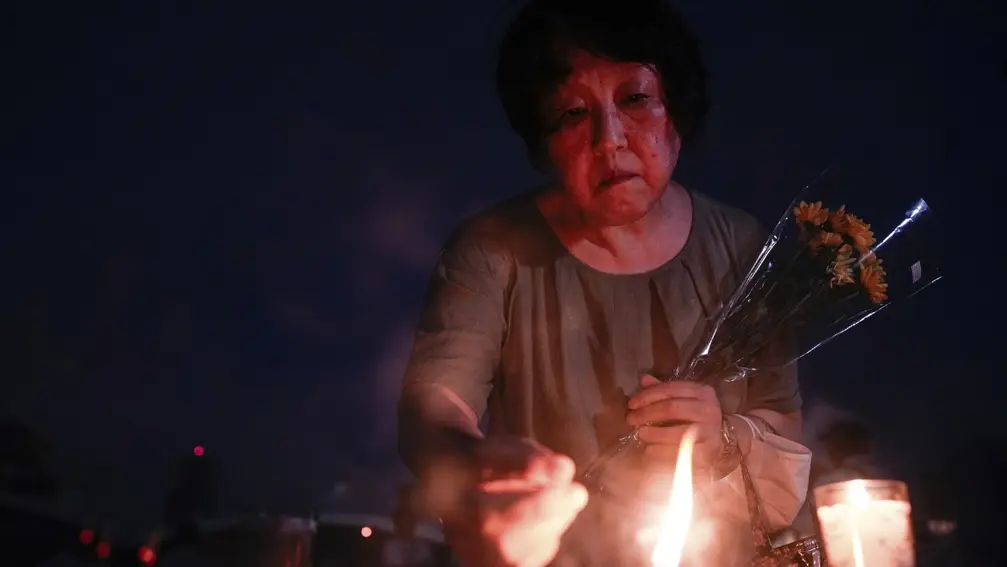
Hiroshima commemorates 80th anniversary of atomic bombing

VJ Day Remembrance in the UK
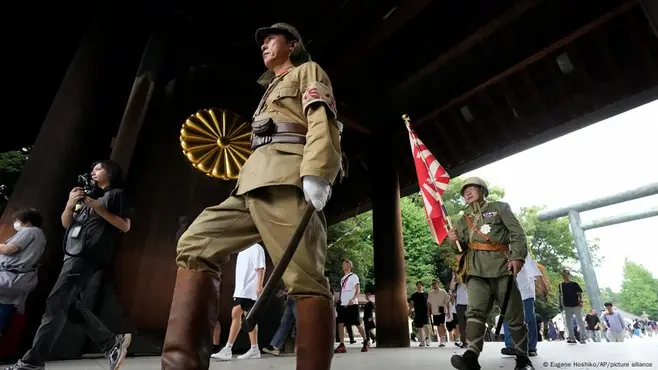
Japan weighs wartime past amid revisionist push
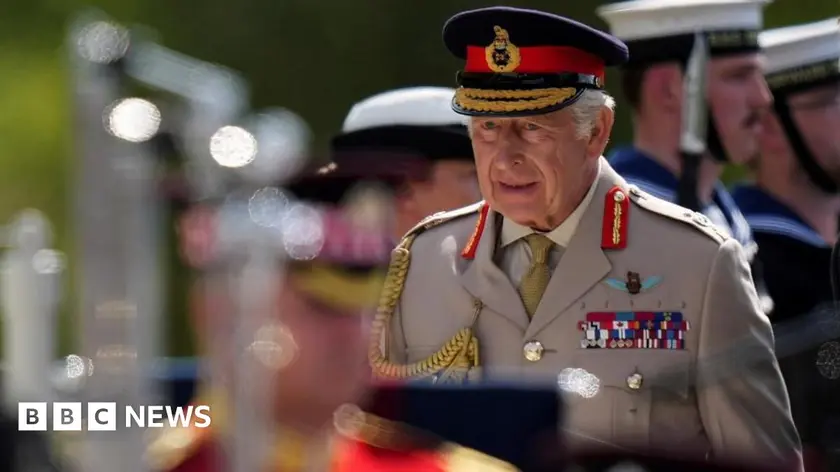
King Charles honours veterans at VJ Day 80th anniversary ceremony
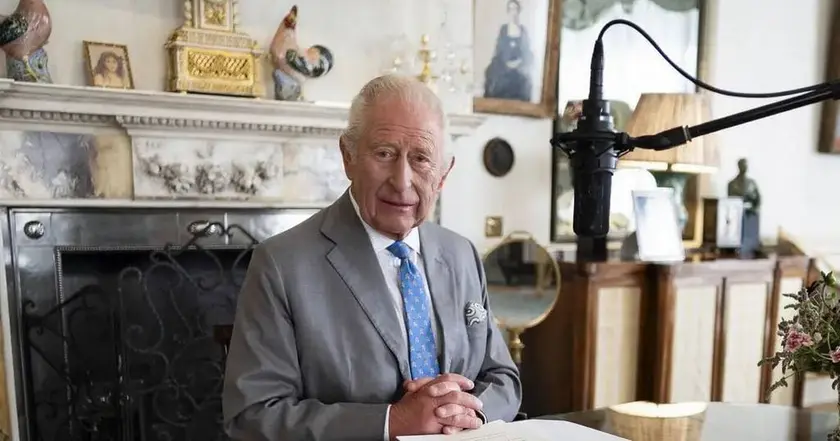
King Charles addresses nation on VJ Day
